We’ve gathered a short list of links related to dyslexia for you including stories about kids with dyslexia, parents finding help for their children, and educational programs across the country working to meet the great demand for effective dyslexia programs. Check our Facebook page as well for frequent posts and don’t forget to “like” our page.
DBU Program Accredited by International Dyslexia Association
Dallas Baptist University’s Master of Arts in Teaching program has been accredited by the International Dyslexia Association (IDA). This recognition is given to university programs credited with doing an excellent job preparing reading teachers to lessen the impact of reading difficulties for their students.
“The recognition by the IDA is exciting,” said Dr. Carolyn Spain, director of the MAT program at DBU. “It emphasizes DBU’s commitment to excellence through the partnership with Shelton School’s multisensory program.” This partnership has allowed DBU to offer a concentration in Multisensory Instruction for graduate education majors.
The Story of Double D: How I Deal with Disability
I’m Double D, but it’s not what you might think. The D’s stand for dyslexic and diabetic. My mom came up with it to lighten the mood at the hospital in 2006.
When I was six years old, I was diagnosed with my first “D” – dyslexia. Every day and every subject in school was a constant struggle for me. Art helped me release myself. It was never a struggle, but rather a challenge, which allowed me to explore and understand my disability and made living with it more bearable.
Nonprofit Spotlight: Michigan Dyslexia Institute, Inc.
Nationwide estimates of dyslexia run as high as 20 percent. Using much more conservative assumptions, it is estimated there are in Michigan approximately one-half million dyslexic persons with over 100,000 of these being school-age children with moderate to severe dyslexia. Experts at the National Institute of Health estimate that less than 10 percent of elementary school teachers trained to successfully work with dyslexic students.
Seven-year-old Luke came to MDI feeling frustrated because he did not think he could learn to read. After many hours of instruction using the internationally recognized Orton-Gillingham approach known for instruction in language skills, Luke did learn to read. Luke gained confidence in his new skills and his ability to learn. He is now reading above grade level and enjoying the learning process. Now Luke likes reading and he is able to keep up with his classmates. He has made the honor roll twice in seventh grade. This is quite amazing for a severely dyslexic individual who is no longer frustrated, but has become an independent learner.
Foundation Helps Children With Dyslexia Get Help
Parents Adrienne and Brian Mormino later learned Max was switching the sounds and syllables in long words because he has dyslexia.
Dyslexia is a lifelong learning challenge that people are born with. It is a language-processing disorder that can hinder reading, writing, spelling and sometimes speaking. It is not a sign of low intelligence.
“It’s the most common learning challenge yet the most publicly misunderstood,” Adrienne Mormino told the Daily Journal. “We are trying to get people’s attention.”
A misconception persists that dyslexia is a sign of low intelligence. “Dyslexia is really in the way the brain is wired,” Brian Mormino said. “Outside of that, kids with dyslexia have the capacity to do incredible things.”
Combatting dyslexia: Friends Academy offering innovative program
Levi is not stupid, he is dyslexic. In third grade, he began attending Friends Academy’s Sally Borden Program, which helps students with reading disabilities. There, he learned to read through the Orton-Gillingham Reading Program offered by Orton-Gillingham Practitioners and Educators, based in the state of New York.
The reading program emphasizes individualized plans and one on one instruction for students with reading disabilities.
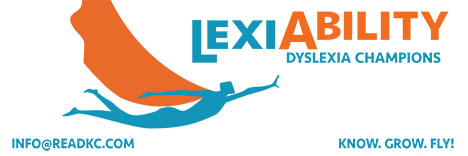
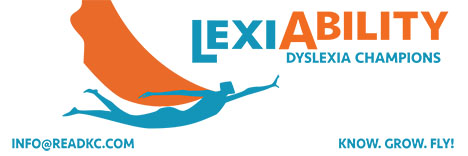
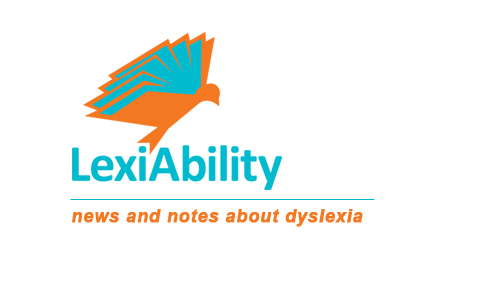
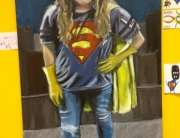

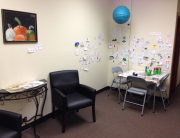
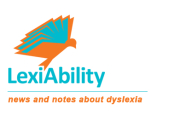
Connect with LexiAbility
RSS
Facebook
Twitter